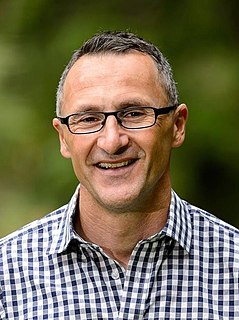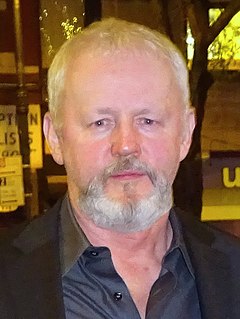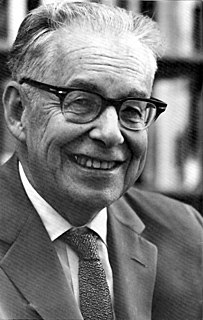A Quote by Reggie Fils-Aime
The impact of the earthquake on mental health was huge and unimaginably deep in people's lives. Some lost all benchmarks and references because of their great loss, we still have people coming to clinics with mental health problems related to the earthquake. They talk about the earthquake, about being under the rubble.
Related Quotes
The social and economic impact of the earthquake is still very present and is contributing to mental health problems, the mother who lost her husband, or children who lost their parents, and who now are responsible for the whole family, taking children to school and providing food. This transition is still causing stress and depression.
Language is such a powerful thing. After the earthquake, I went to Haiti and people were talking about how [they] described this feeling of going through an earthquake. People really didn't have the vocabulary - before we had hurricanes. I'd talk with people and they'd say, "We have to name it; it has to have a name."
There is this split between the Haiti of before the earthquake and the Haiti of after the earthquake. So when I'm writing anything set in Haiti now, whether fiction or nonfiction, always in the back of my mind is how people, including some of my own family members, have been affected not just by history and by the present but also by the earthquake.
I've obviously come from a health background. I was a doctor before I became a pollie and one of the things I'd like to do is to really build on the world-class health system we've got. I'm passionate about climate change because it's also a health issue. Things like extreme weather impact on people's health, the ability of our hospitals to cope, the impact on mental health, on farmers in regional areas - they're all serious health concerns.
One of the issues I think is very important, in many communities of color, there's a stigma about mental health. We find that the shaming that comes from acknowledging that one may have some issues that may relate to mental health, often people are not willing to go and seek additional help because of that shaming or that cultural stigma that's associated with it. And I think that we need to make this change in how people approach mental health.
I was awakened by a tremendous earthquake, and though I hadn ever before enjoyed a storm of this sort, the strange thrilling motion could not be mistaken, and I ran out of my cabin, both glad and frightened, shouting, "A noble earthquake! A noble earthquake" feeling sure I was going to learn something.
Mental strength is not the same as mental health. Just like someone with diabetes could still be physically strong, someone with depression can still be mentally strong. Many people with mental health issues are incredibly mentally strong. Anyone can make choices to build mental strength, regardless of whether they have a mental health issue.
Mental health is an area where people are embarrassed. They don't want to talk about it because somehow they feel they're a failure as a parent or, you know, they're embarrassed for their child or they want to protect their child, lots of very good reasons, but mental health, I feel, is something that you have to talk about.
Most loss of life and property has been due to the collapse of antiquated and unsafe structures, mostly of brick and other masonry. ... There is progress of California toward building new construction according to earthquake-resistant design. We would have less reason to ask for earthquake prediction if this was universal.
































